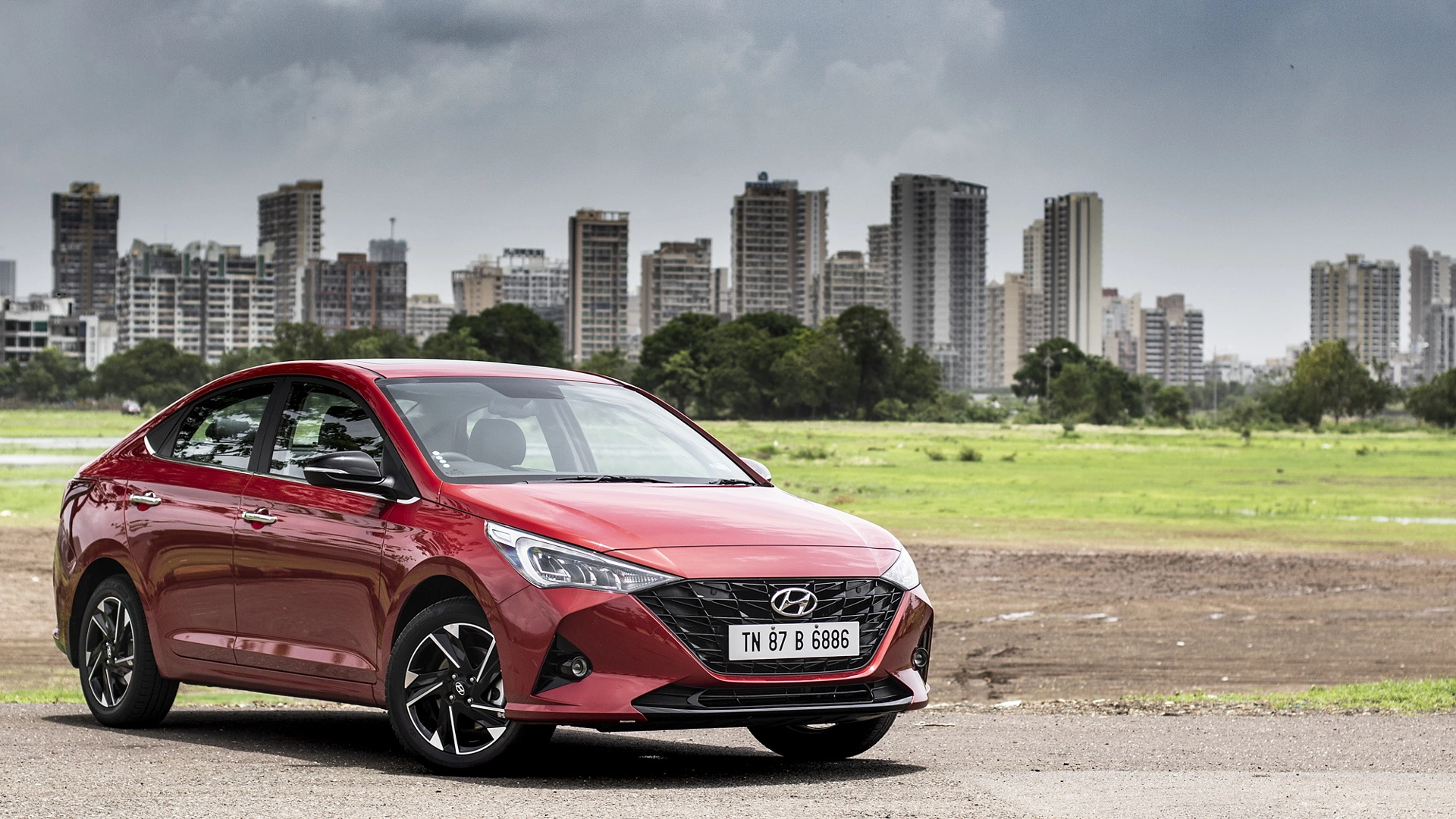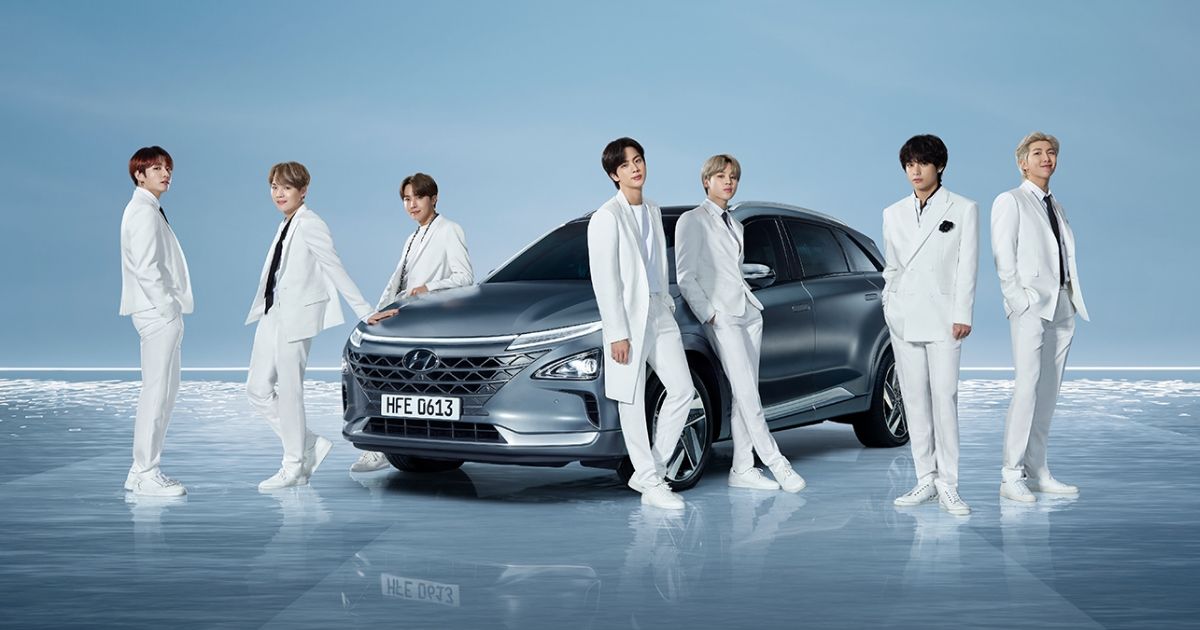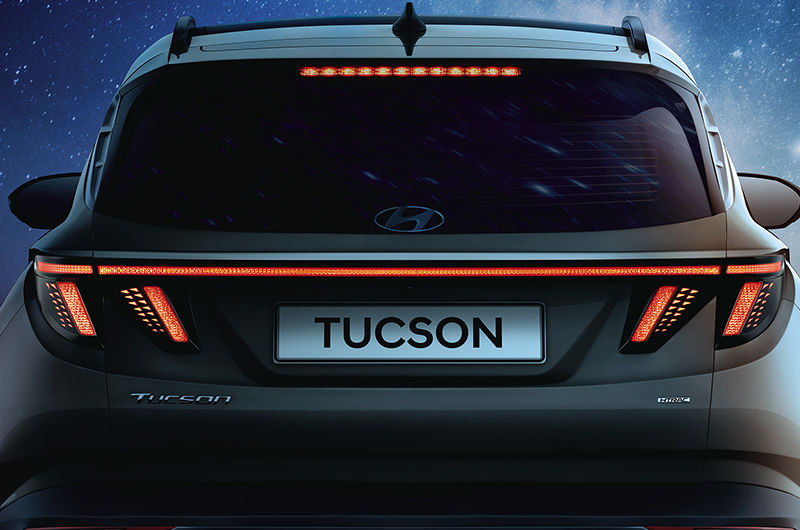
Table of Content
▼The third largest automaker in the world is not from the US, Japan or Europe, at least not anymore. This is the South Korean company Hyundai Motor Co.
While Toyota Motor Corp. and Volkswagen AG each year at the top of the global auto industry, Hyundai has quietly slipped in behind, surpassing General Motors, Nissan Motor Co. and Stellantis NV in annual volumes along the way.
Founded 55 years ago as a manufacturer of affordable cars for its home market, it wasn't until the 1980s that Hyundai's international expansion began in earnest. After working for decades to shake up its image as a startup, Hyundai's Genesis now goes head-to-head with other luxury car brands as the automaker competes with Ford Motor Co. for second place in sales. of electric vehicles in the US this year, behind Tesla Inc.
"We are on the right track and we have been very strong this year," Chairman and Co-CEO Jaehoon Chang, 58, said in an interview from a library at Hyundai's Seoul headquarters last week. "Our supply chain management has been key. We are trying to be flexible, optimizing and protecting production as much as possible despite the chip shortage."
But with higher volume comes bigger challenges, including the suspension of a major factory in Russia and new US legislation that could affect subsidies for electric cars. The automaker also faces rising raw material costs, persistent chip shortages and allegations that Hyundai suppliers in Alabama hired underage workers. North America accounted for 21% of total sales last year, making it Hyundai's largest single market, while only 17% of revenue came from the domestic market.

Hyundai's global presence is built on the company's strong manufacturing base in South Korea. At Ulsan, located at the mouth of the Taehwa River on the peninsula's east coast, the company operates the world's largest assembly plant with an annual production capacity of 1.4 million vehicles. From the ships that ship the cars overseas to the steel used in both, they are all part of the same conglomerate, started by the grandfather of Euisun Chung, Hyundai Motor’s other CEO and executive chair.
With nine more factories spread across the globe, the automaker sold 6.6 million vehicles in 2021. This year, revenue is on track to expand 21% to 141.7 trillion won ($108 billion), the highest growth rate among major automakers, based on average analyst forecasts.
Critical to those gains and their future prospects is Hyundai's adoption of electrification. While other automakers are making measured moves, the South Korean company has stepped up, pushing models like Kia's Ioniq 5 and EV6 as demand began to outstrip supply. At the same time, Volkswagen has struggled to get its EV strategy on the right track, while Toyota is still hedging its bets, betting on hybrids and hydrogen fuel cells, as well as electric vehicles.
Encouraged by that success and backed by an investment of 19.4 trillion won, Hyundai plus Genesis plans to introduce at least 17 battery electric vehicles by 2030, in addition to 14 Kia vehicles, which will be a "great enabler" to achieve the goals of the company. Chang said that's 1.87 million annual EV sales by 2030. That will account for 11% of the US market and 7% globally, according to the automaker.
At the front of the car is the Ioniq 6, Hyundai's latest EV. Introduced earlier this year, the sedan can travel up to 610 km (379 miles). With a sleek, rounded body and interior lighting that can change based on vehicle speed, the Ioniq 6 is aimed at younger buyers.
Sales of the Ioniq 6 began in South Korea in September with prices starting at 52 million won, or $40,000. In Europe, home to some of the biggest EV adopters, pre-sales for an initial allocation of 2,500 Ioniq 6s sold out in less than a day. "It was actually a few hours, proven evidence of the lawsuit," Chang said. The US rollout will begin in early 2023.
Hyundai expects to increase Genesis sales by 10% this year, to 220,000 units. In a move that would more directly pit it against Tesla and legacy brands like BMW and Mercedes-Benz, Hyundai plans to make the Genesis luxury lineup all-electric by the end of the decade.
“That part has a big handicap going into it, Chang said, so it was really tough once we started. So we focus first on design, how we can differentiate ourselves from others. We focus more on the drivers, more on the passengers, making them feel comfortable, defining luxury as comfort.”
This week Hyundai also revealed the latest iteration of the Kona compact SUV, which was first designed as an electric car, but has also been offered with combustion engine and hybrid variants.

While Hyundai may be navigating the EV transition more smoothly than some of its peers, they also face common challenges.
Asked if Hyundai was close to making a decision on the fate of its plant in Russia, where operations have been suspended since the start of the war in Ukraine eight months ago, Chang said the company had no choice but to "monitor the situation".
"It's not easy for us, because of the size of the factory," he said. While Toyota and Nissan have moved out of Russia in recent months, Hyundai has a much larger operation in St. Petersburg that, with Kia, assembled about 200,000 vehicles a year before the war, or about 4% of world production from the car manufacturer.
As for China, where Hyundai is looking to reposition itself as a more luxurious brand, "we need to hone our edge," Chang said. Auto sales in the world's biggest market fell 4.2% last month as Covid-related shutdowns kept buyers away from showrooms.
In Alabama, Hyundai is investigating allegations that two suppliers, Hwashin America Corp., a Korean manufacturer of chassis and body components, and Ajin Industrial Co., Ltd. Inc., a Korean auto parts manufacturer, employed minors at their plants in Greenville and Cusseta, Alabama.
"Hyundai does not condone or tolerate violations of labor laws," the automaker said in an emailed statement. “We require our suppliers and business partners to strictly adhere to the law, and we take reports of suspected violations seriously.”
Another challenge for Hyundai is the US Inflation Reduction Act, which requires electric vehicles to be assembled in North America with batteries made from materials sourced from quality-friendly trading partners to earn tax credits. Hyundai is working with the South Korean government to persuade the US Treasury Department to change the law or ease enforcement as it works to end the directive.
"This is a very critical moment," Chang said. While the legislation requires automakers to assemble their EVs in North America to receive subsidies, Hyundai does not yet have any operating EV plants, though it is looking to build a $5.5 billion battery and electrical facility in North America. Georgia. "We would expect some flexibility that gives us more time to be fully prepared for that."
Also Read: GST On SUVs: Which Models Would Qualify For The Highest Rate Of Tax
Neha Mehlawat
Neha Mehlawat is an automotive journalist and industry analyst with 10+ years of experience covering cars, bikes, and mobility trends. She tracks the latest launches, technology upgrades, and policy changes in the auto sector, delivering sharp insights that help readers stay ahead in the fast-evolving world of automobiles.
_1771309956.webp)
_1770973085.webp)
_1770886465.webp)


